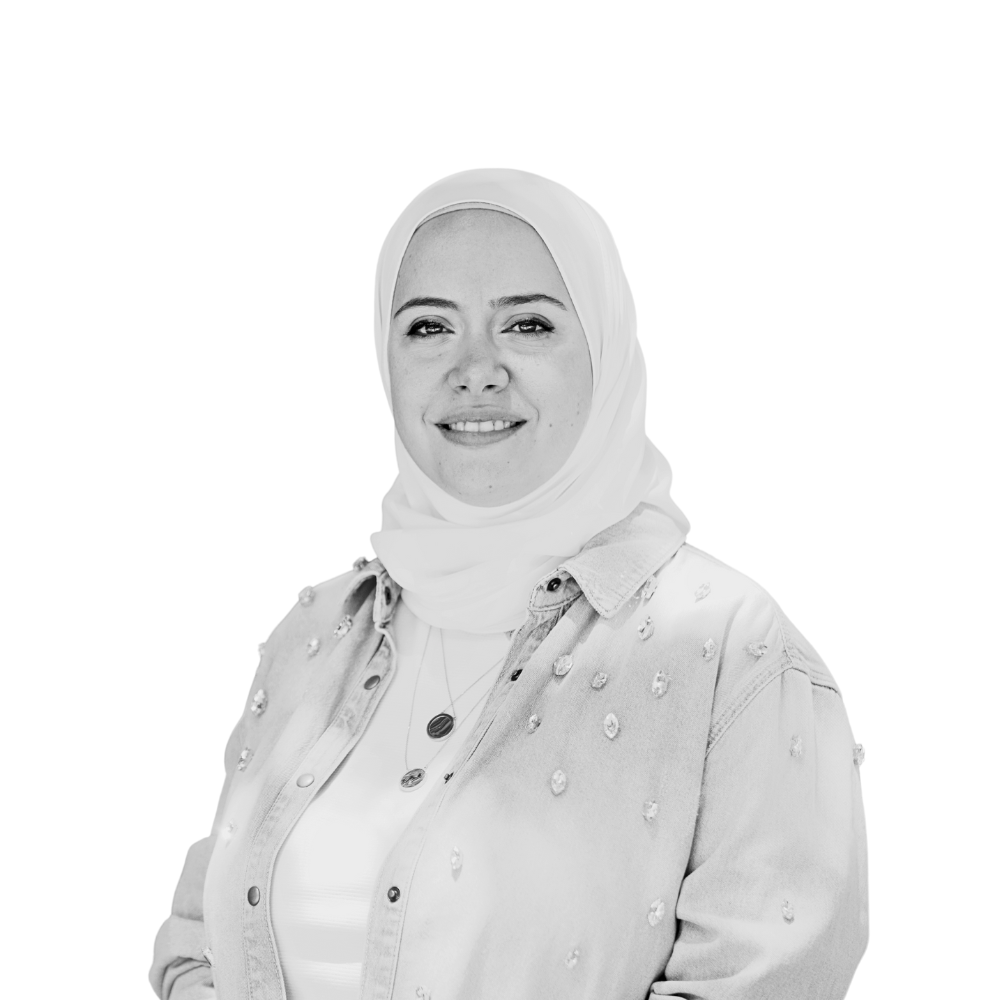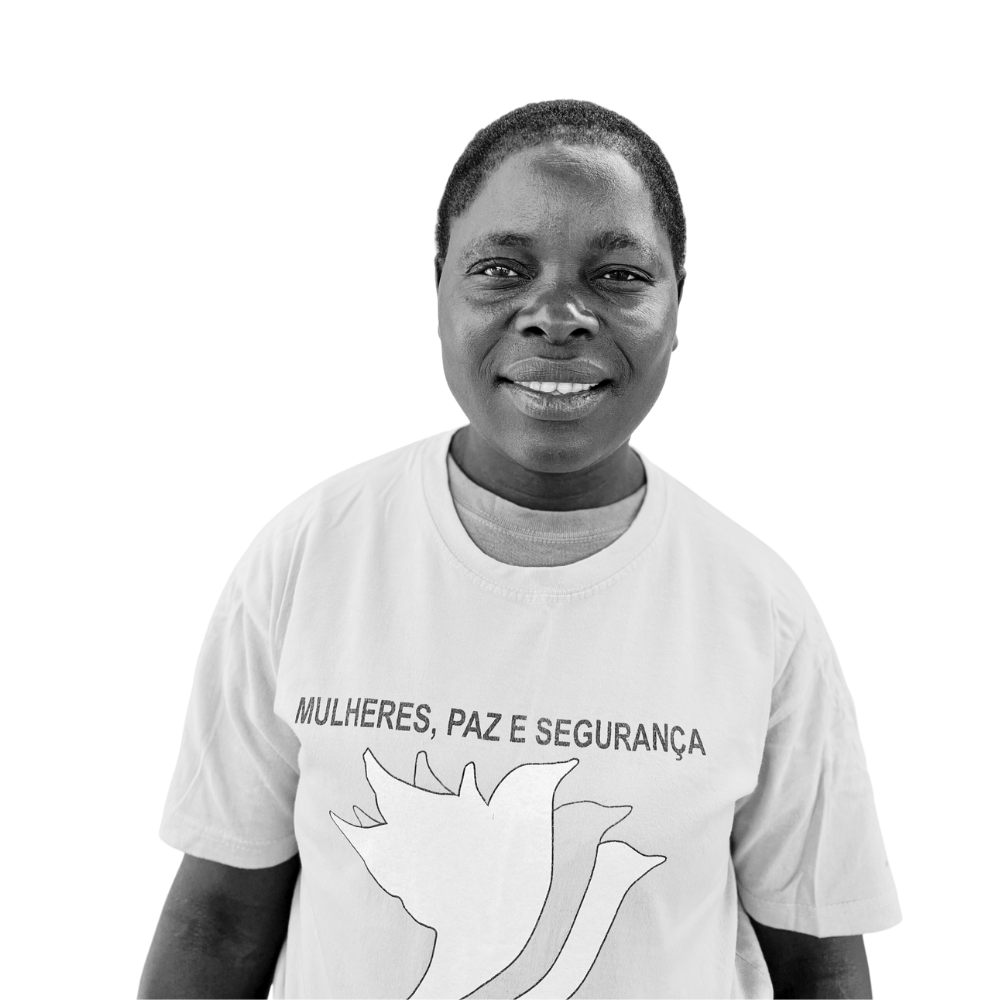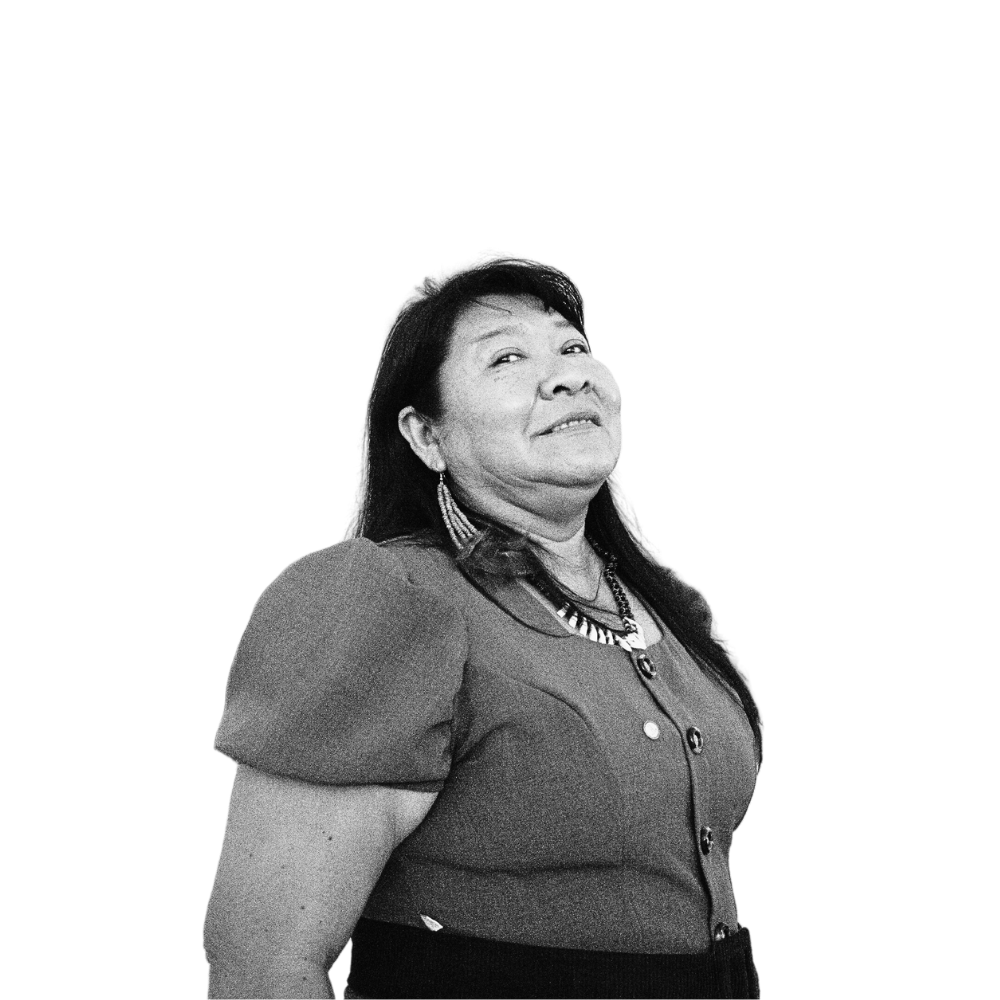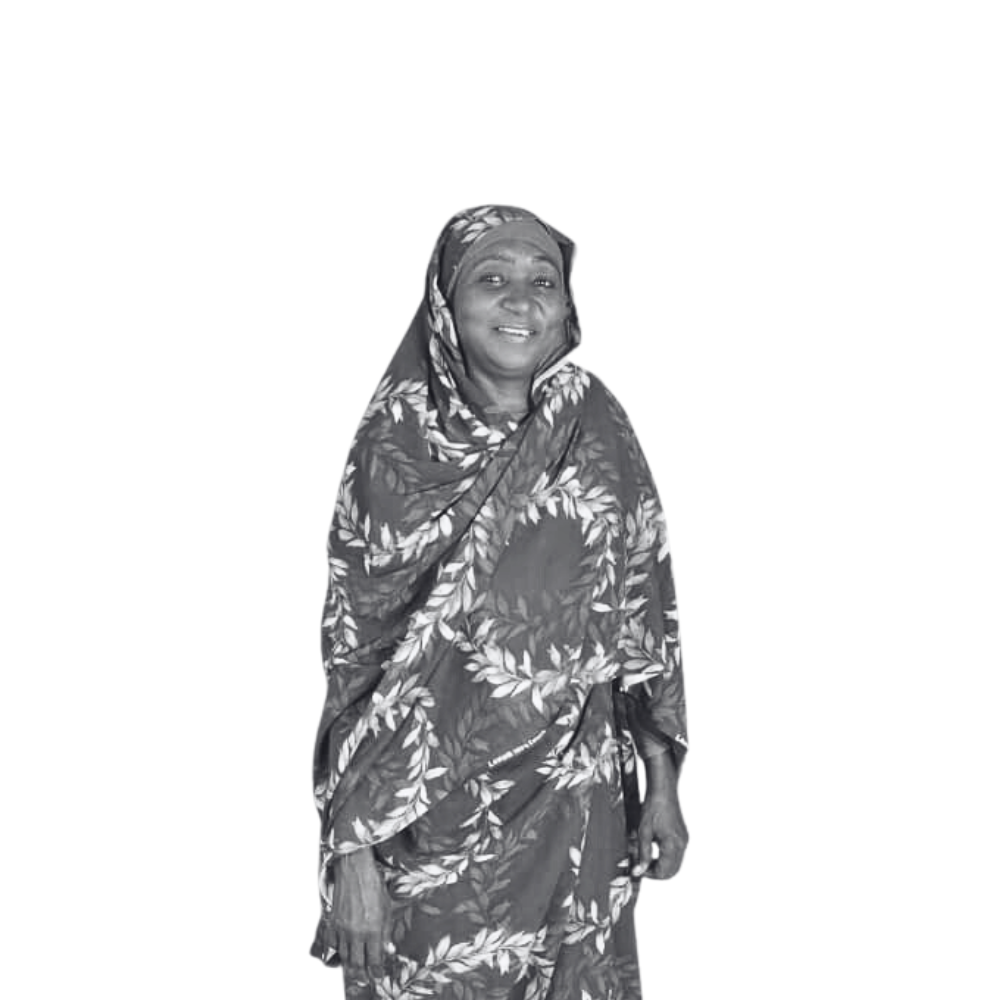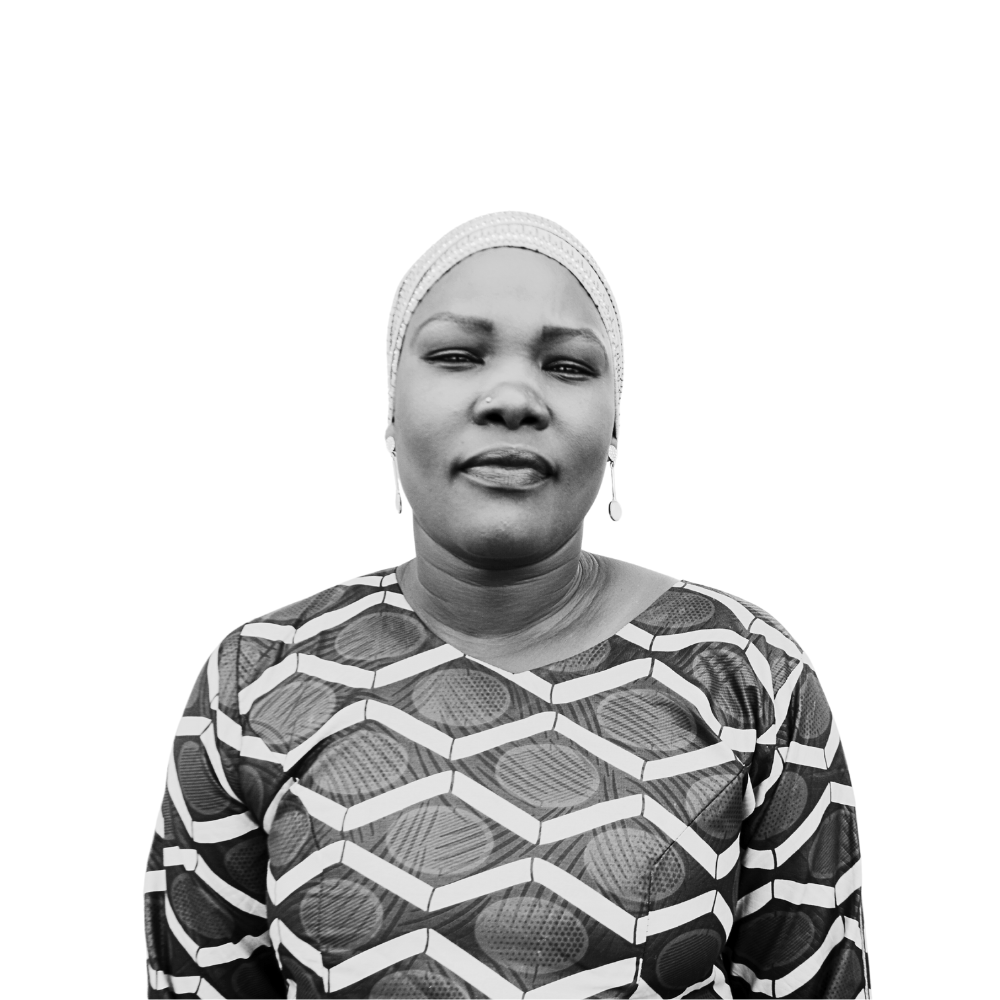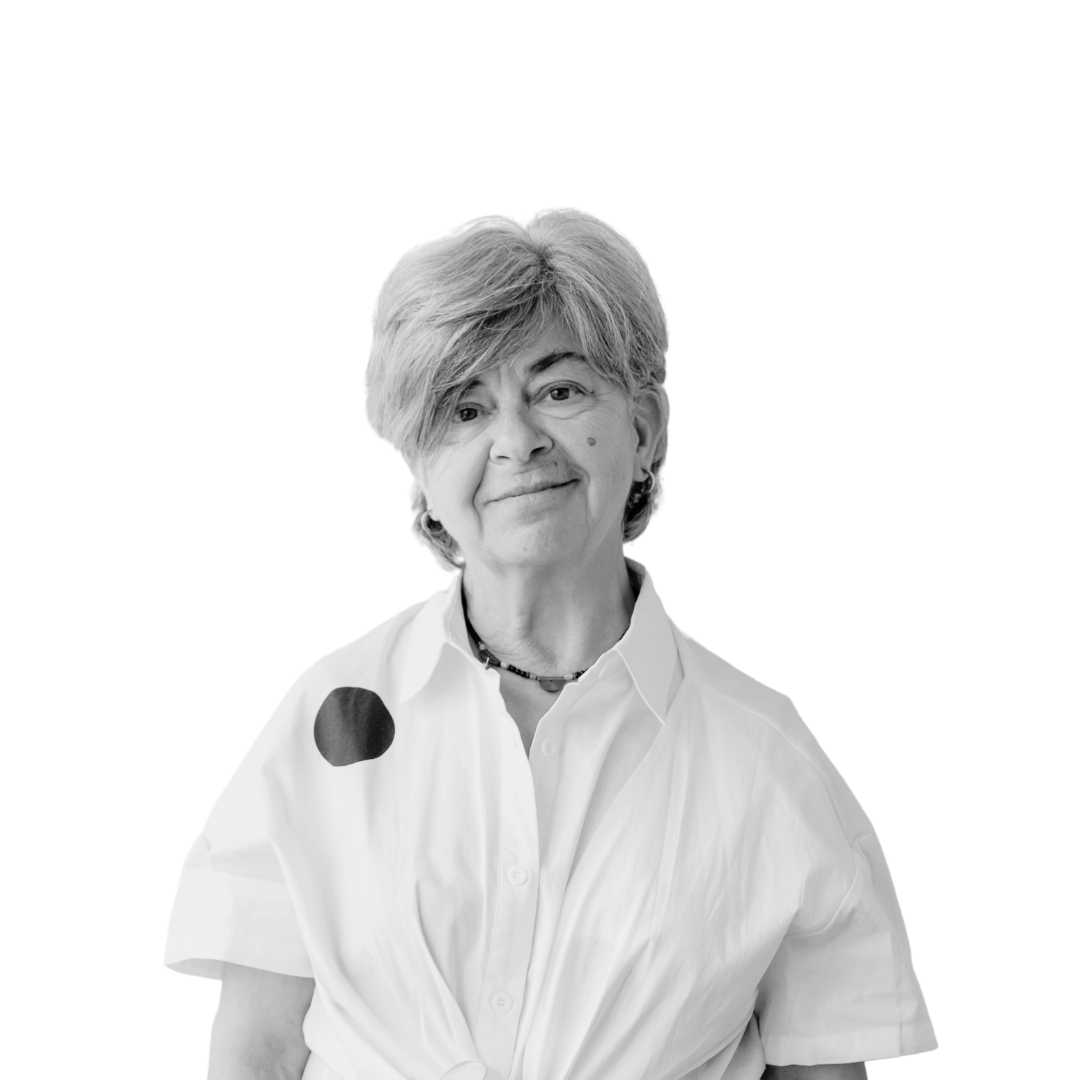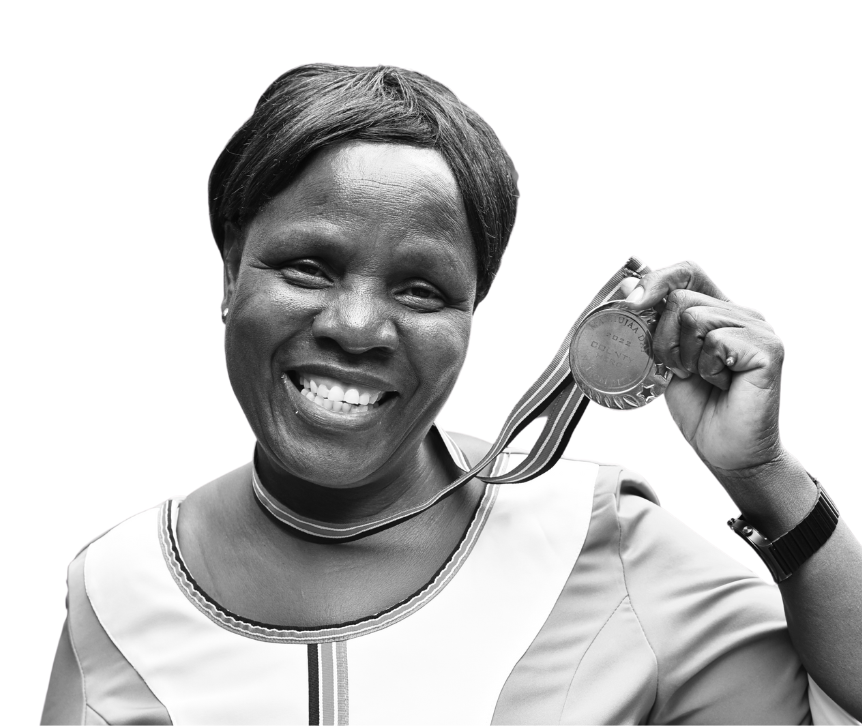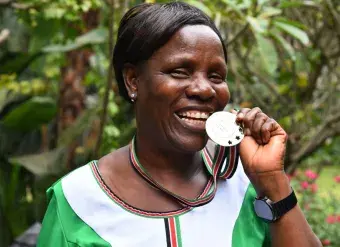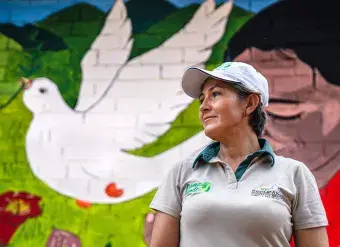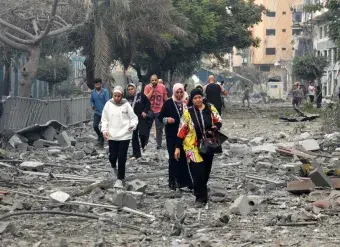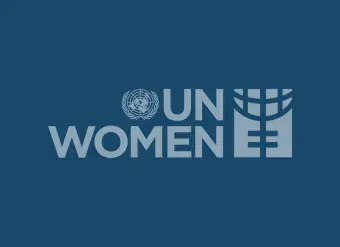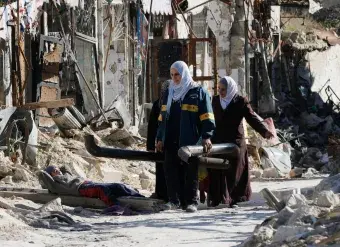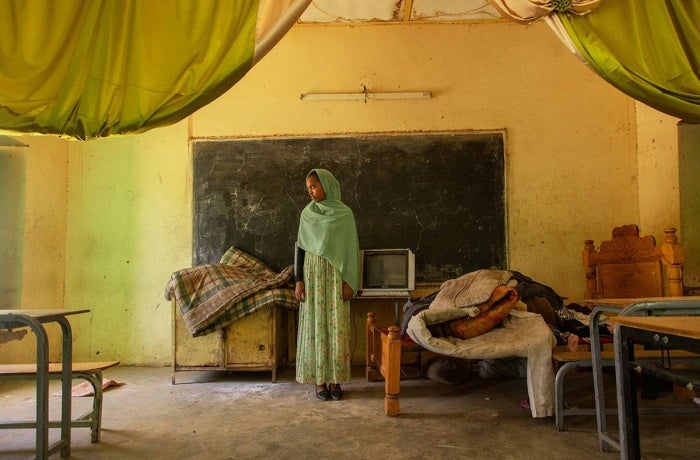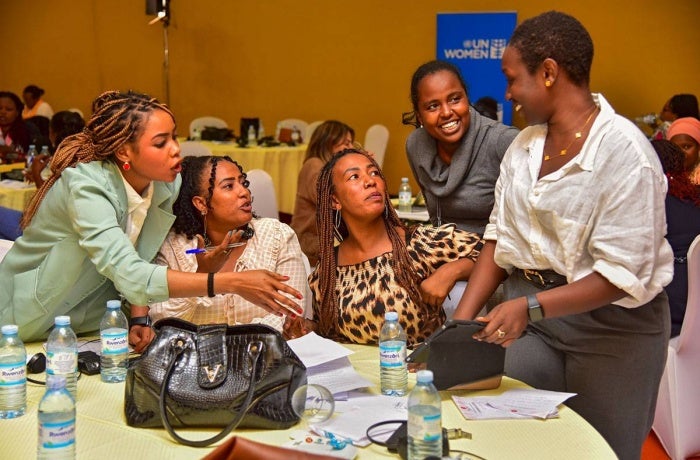In focus: The women, peace, and security debate
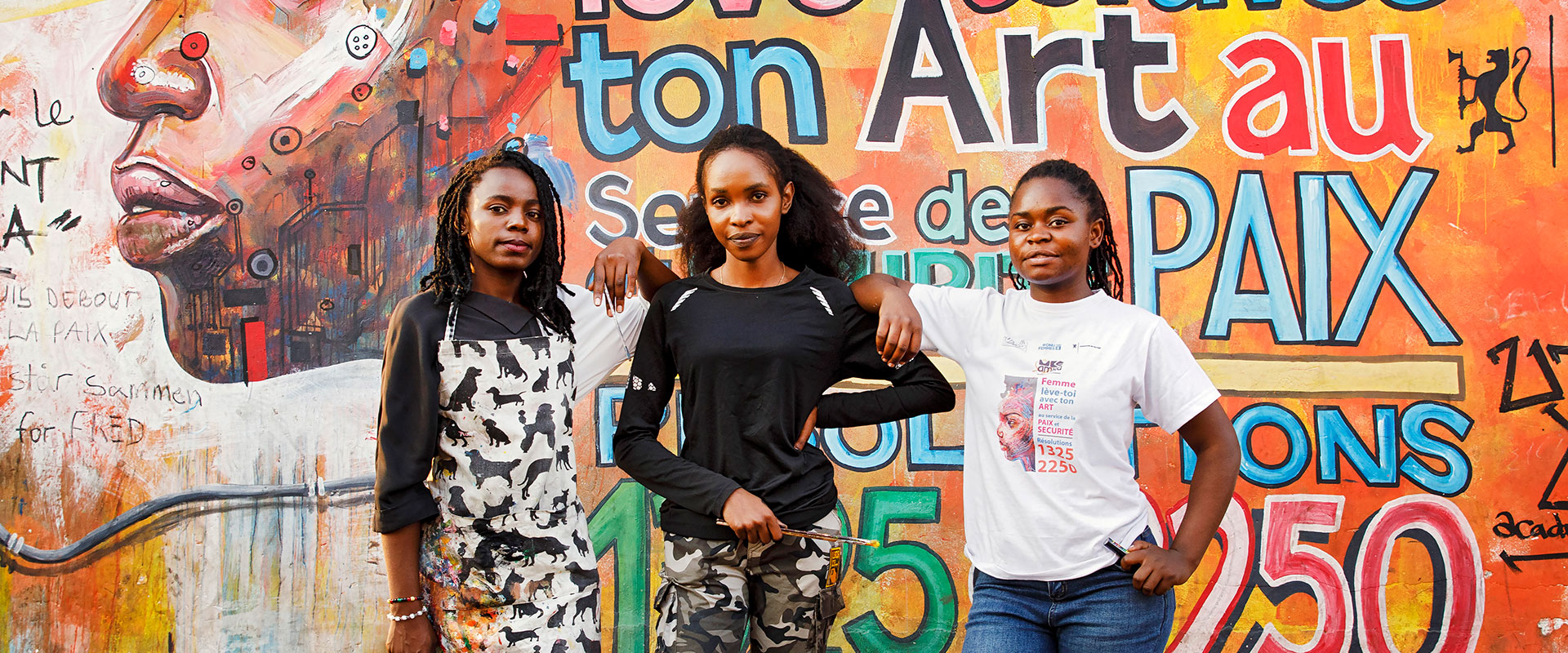
On 25 October, the UN Security Council will hold its annual open debate on women, peace, and security, titled “Women’s participation in international peace and security: from theory to practice”.
Watch the debate live on UN Web TV.
The event comes at a dire time for global security. More than 600 million women and girls lived in conflict-affected countries in 2022, a 50 per cent increase since 2017. At the same time, 2022 marked the eighth consecutive year that global military expenditure rose, hitting a record-breaking USD 2.2 trillion.
In recent years, conflicts from Ethiopia to Myanmar to Yemen have seen attacks on women and girls, while negotiation delegations remain overwhelmingly—in some cases entirely—male.
Governments spent USD 2.2 trillion on the their militaries in 2022.
More than 600 million women and girls lived in conflict-affected countries in 2022.

The United Nations Refugee Agency estimates that 117.2 million people will be forcibly displaced or stateless by the end of 2023.
A recent report by UN Secretary-General António Guterres noted that displacement and conflict can “turn back the clock” on women’s rights. Meanwhile, a growing share of the world’s population lives under autocratic rule, which is often accompanied by the spread of misogyny and extremism.
Ambassador Glivânia Maria de Oliveira, director general of the Rio Branco Institute in Brazil, will brief the debate about the conflict in Colombia. The debate will also feature remarks from Guterres, UN Women Executive Director Sima Sami Bahous, and Hala Al-Karib, from the Strategic Initiative for Women in the Horn of Africa, among others.
At the UN Headquarters in New York, the debate will be accompanied by a joint exhibition by UN Women, the Enhanced Integrated Framework, and the UN Departments of Peace Operations and Political and Peacebuilding Affairs, in partnership with the Inside Out Project, featuring 50 large-sized portraits of women peacekeepers and peacebuilders.
Follow the debate on UN Web TV and access our social media package for shareable assets.







